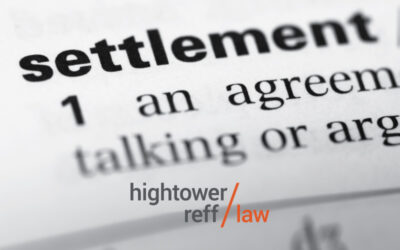In divorce and custody cases, you may find yourself wondering, “What is a guardian ad litem looking for?” — or even asking “What is a guardian ad litem?” Let’s clear a few things up about the guardian ad litem process.
What is a guardian ad litem?
A guardian ad litem (GAL) is an attorney appointed by a judge to investigate and protect the best interests of children in divorce and custody cases. GALs are not used in every case where custody and parenting time are at issue. Either parent may request that a GAL is appointed on the case or the judge may appoint a GAL on their own. The judge will require one or both of the parents to pay the fees of the GAL. These are usually similar to the hourly fees associated with family law lawyers.
What does a guardian ad litem do?
By law, the GAL can conduct an independent investigation of the situation of the parents and the children. The purpose of the investigation is to make recommendations about the issues involving the children in the case. This means the GAL can interview relevant witnesses and subpoena and review documents. Most of the time, the GAL will meet with the children and discuss the case in an age-appropriate way. The GAL may also meet with the parents and other people who have knowledge of the children like their teachers, extended family members or therapists.
What is the purpose of a guardian ad litem?
If you’re still wondering what is a guardian ad litem looking for, a GAL is seeking to determine what custody arrangement and parenting time schedule would be in the best interests of the children. This is different from the preference of the children. There are cases where the children would prefer to live primarily with one parent, but it is not in their best interest to live primarily with that parent. This happens a lot when the parents have different rules and expectations in their homes for the children and the children prefer to spend more time with the parent who has less structure so that they have more freedom, for example. One benefit is that the GAL is speaking for the children, not one of the parents. The GAL is only focused on the children so they do not need to consider the other issues that come with divorce cases.
The GAL may submit a written report to the judge and the parents’ lawyers about their findings and recommendations, they may be called as a witness if there is a trial or they may do both.
GALs are not needed in every case. Whether or not to request a GAL is very case specific. It is important to discuss all of the relevant facts about your custody case with an experienced Nebraska custody lawyer who can help you determine whether a GAL would benefit your children.
For more information about what to expect during your custody case or more information about the divorce process.
This article should not be construed as legal advice. Situations are different and it’s impossible to provide legal advice for every situation without knowing the individual facts.




